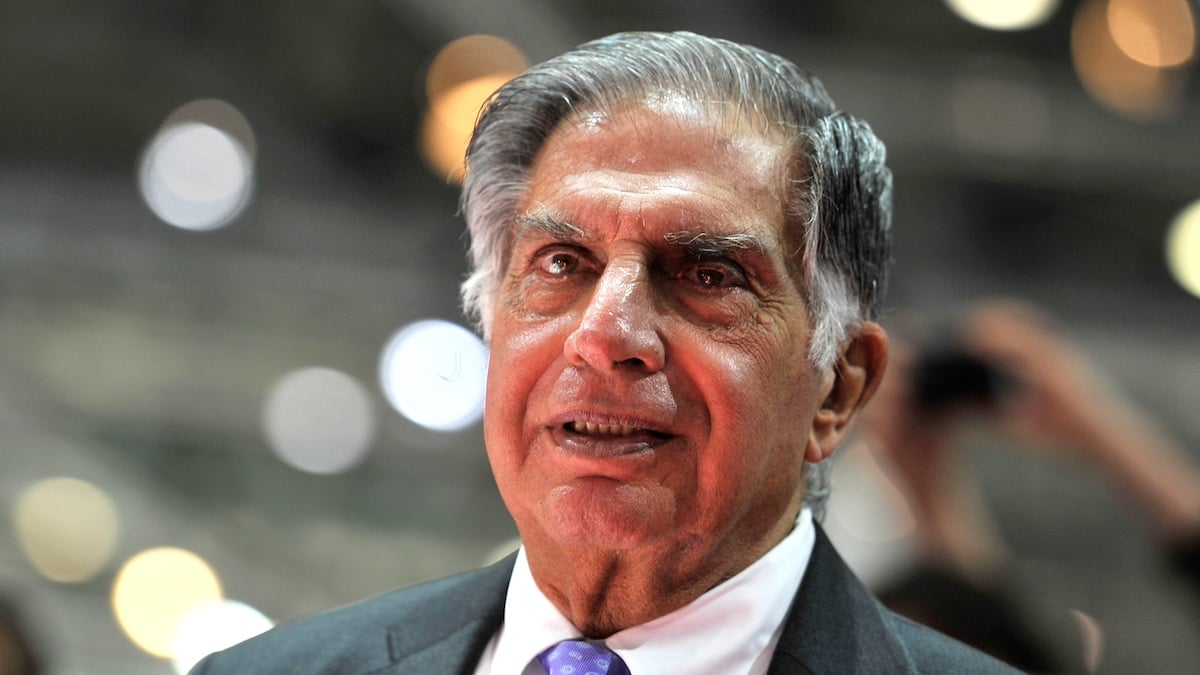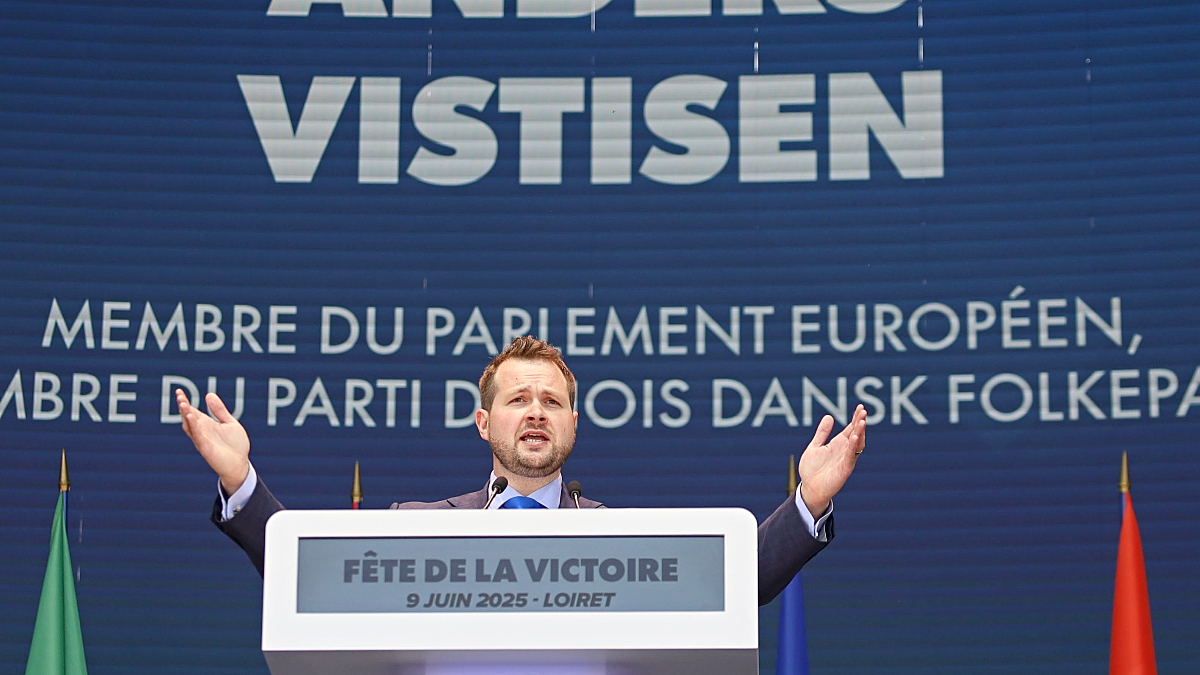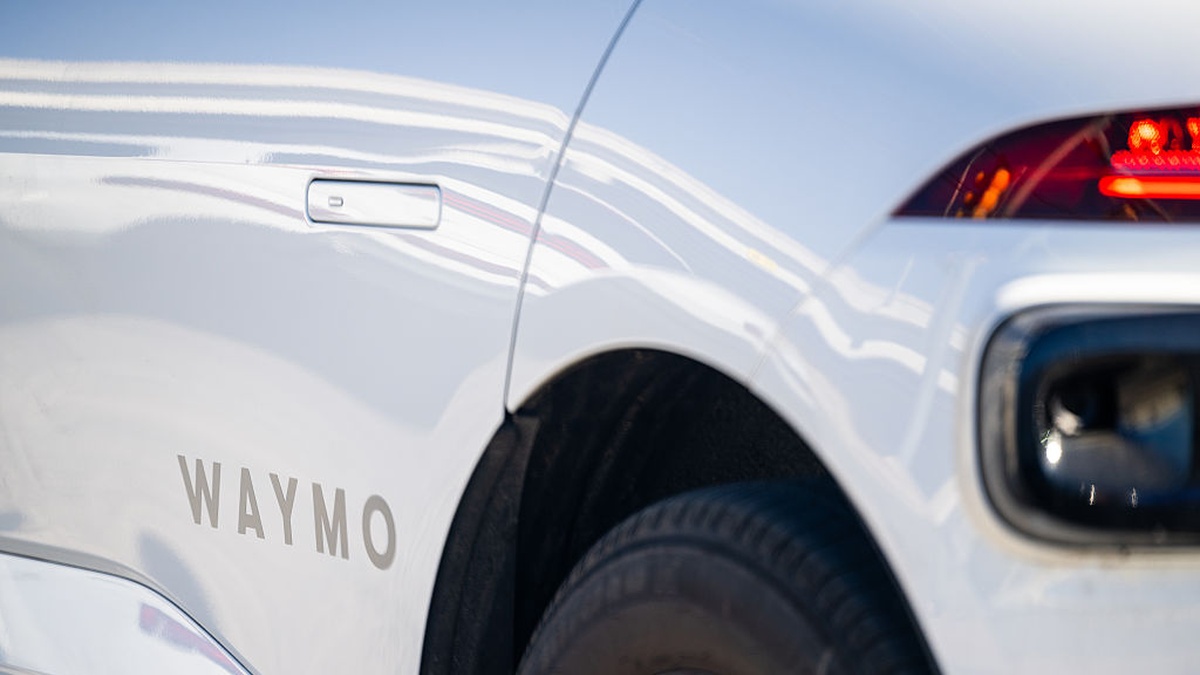Beloved Indian industry leader Ratan Tata died Wednesday in Mumbai, India, at the age of 86, according to a statement from the Tata Group, the Tata family business conglomerate Ratan helped grow internationally. Ratan’s exact cause of death was not specified, but it’s widely reported he died from low blood pressure and age-related issues.
Tata’s name may not be as well known outside of India as it is inside the country. Still, many brands he brought into the Tata Group as chairman and chief executive are recognizable worldwide, such as Land Rover, Jaguar, and Tetley Tea. News of Tata’s death received an outpouring of grief inside India and a statement from Indian President Narendra Modi.
“Shri Ratan Tata Ji was a visionary business leader, a compassionate soul, and an extraordinary human being,” Modi’s statement announcing Tata’s death said in part. “He provided stable leadership to one of India’s oldest and most prestigious business houses,” Modi added.
Meanwhile, social media posts and comments reflected Tata’s impact on Indian society. “And today….whole nation cried!💔” one post said, with a picture of Tata’s body at a viewing. “A man who thought about middle class family and invented nano car. A man who support our nation. A man with pure soul. A man with no hater,” a comment added.
From the opium trade to the nano car
According to The New York Times, the Tata family made money in the 19th-century opium trade and textile industries before expanding into manufacturing and other enterprises. Ratan was born in Bombay in 1937, attended high school in the United States, and graduated from Cornell University.
Ratan took over the Tata family business in 1991, and under his watch, the Tata Group acquired Jaguar, Tetley, and Corus Steel. The Tata Group also launched the Indian airline that would become Air India. In 2008, Ratan helped innovate the Tata Nano, called the “World’s Cheapest Car,” costing only $2,200. Ratan grew the family business into a $100 billion conglomerate with 100 companies in more than 100 countries, including Tata Steel, Tata Motors, and Tata Power.
A philanthropic legacy
Ratan Tata stepped back from the family business in 2012, but Ratan’s choice of successor locked the company up in controversy for years. Ratan returned to his previous position in 2016 and stayed for a year until the issue was finally settled. But even after he retired, Ratan remained active in the family conglomerate until his death.
The Tata family business aside, Ratan leaves a philanthropic legacy, helping fund Indian health, education, and agriculture from the Tata Trusts. Thousands viewed Ratan’s body at Mumbai’s National Centre for the Performing Arts Thursday, and flags were flown at half-mast on government buildings across Maharashtra state, where Mumbai is located.
Current Tata Group Chairman Natarajan Chandrasekaran said Ratan had an “unwavering commitment to excellence, integrity, and innovation.” Under Ratan, the Tata Group “expanded its global footprint while always remaining true to its moral compass,” Chandrasekaran added. Google CEO Sundar Pichai wrote on X, “He deeply cared about making India better.” Ratan never married and is survived by several siblings.

















Published: Oct 10, 2024 01:46 pm